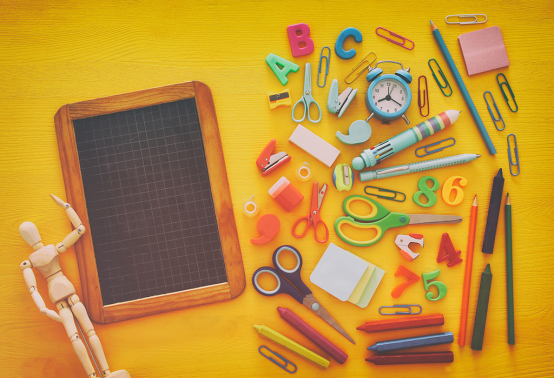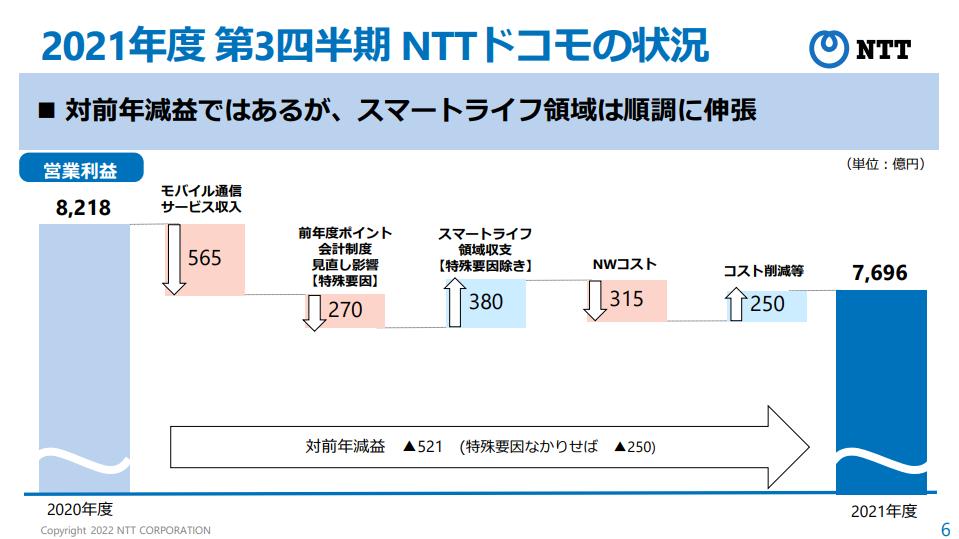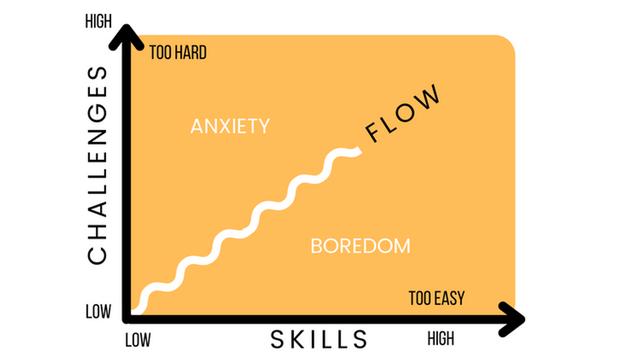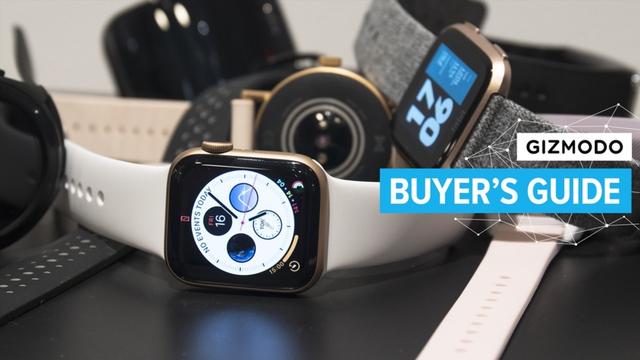What kind of science research do you do? – Interview with Nobutori Ariga, researcher at the National Museum of Nature and Science
Are you familiar with the field of study called the history of science? Interpreting the word as it is, it can be understood as a study that combines science and history. However, the word "science" has various meanings, and even if we study history, it seems that there is too much room for thinking about how to analyze events from when to when. In fact, how is the history of science research progressing? This time, we interviewed Nobutori Ariga, a researcher at the National Museum of Nature and Science, about his basic thoughts on scientific history research and his actual research themes.
ーーWhat is the history of science, the study to clarify?
It literally aims to reveal the history of science. However, what is meant by the word “science” may differ from person to person. For example, we can regard the knowledge itself as written in textbooks and papers as "science." In this case, the object of research is the process of obtaining and establishing scientific knowledge. Looking at it from a slightly different angle, one of the themes dealt with in the history of science is to track changes in research methods. From a broader perspective, research themes include the history of researchers and research institutions, and how science has impacted our society and lives.
ーーYou can think of a wide range of research themes. Organizing research areas seems to be difficult.
The easiest way is to trace the history of each academic field. Research areas can be classified according to whether they are the history of physics or the history of biology. In addition, they are sometimes classified according to the period or region that each researcher focuses on. Is it a study of the Meiji period in Japan, or is it a study of Renaissance Europe? Since science and history are intertwined, the field of research in the history of science is surprisingly wide, but it is a pity that it is a minor academic field for such a wide area. I think one of the reasons is that there are not many opportunities to come into contact with the history of science.
ーーWhat sparked your interest in the history of science?
When I was in college, I was lucky enough to listen to a lecture on the history of science. However, looking back on it, I wondered how I was able to understand what was written in the textbooks from my high school days. Originally, I may have had a way of questioning that is suitable for research on the history of science. My own research is mostly about scientific theories and concepts.
ーーPlease tell us about the specific research theme you worked on.
When I was in graduate school, I studied the history of classical mechanics. For example, it is a study that followed the process of how the "principle of least action" that appeared in Europe in the 18th century was advocated. I will omit the explanation of the principle, but in previous research, it was said that a person named Maupertuis first described the idea of the principle, and that a famous mathematician named Euler formulated it. However, upon further investigation, I found that it was more correct to interpret that the two principles of least action were considered separately, rather than the two working together on the principle of least action. I came.
ーーWhat kind of materials are you judging from?
These are the books and papers they wrote and the letters they exchanged. In the case of Euler, fortunately there is a complete collection, and everything is open to the public there. As I checked the facts one by one, I realized that there was a point overlooked in the previous research. It means that their stories do not mesh in the exchange of letters between the two. So I came to think that Euler could not be said to have formulated Maupertuis' ideas.
What do you mean by not engaging?
Specifically, what they called "action" was different. Both of you use the phrase ``minimum of some kind of quantity,'' but they had different understandings or definitions of this quantity. My contention is that they were initially unaware of the different meanings of the words they were using, and that even after realizing this, they continued to interpret each other to their own advantage.
ーーI see. In what language are these letters and papers written?
The examples in this study are primarily French. There is also some Latin. Also, mathematics at that time may be counted as a kind of language. Which language you can read greatly influences your choice of research topic.
It's pretty hard to be able to read that much.
Thanks to my graduate school supervisor, I was trained to read the mechanics literature of this period, so I am able to read it in the original. When you study the history of science, you can't just rely on translations. The original text corresponds to "raw data" in terms of natural science.
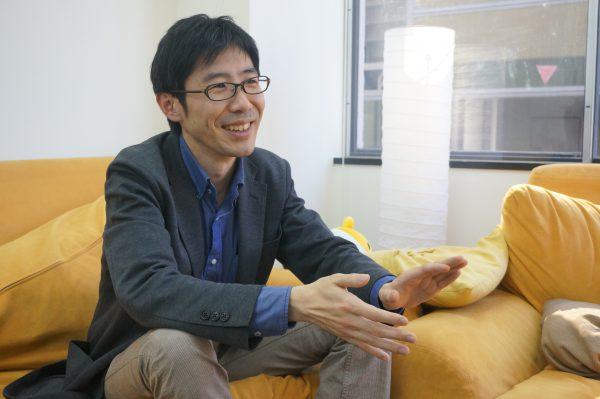
So, "raw data" is not experimental data, but literature.
That's right. By the way, in the history of science, there are two types of references: primary literature, which serves as data for that era, and secondary literature, which is based on the specialized books and research papers written. Primary sources, in my case, are often printed and published texts, but generally include handwritten texts as well. Another skill is required to read such historical materials.
ーーWhen the researcher population is small and the research themes and skills are diverse, the number of people who can review papers may be limited.
To be honest, it's difficult to get into the details. In my personal opinion, the most important criteria for judging papers is whether the author's assertions can be explained based on historical materials without any leaps in logic. Of course, in the case of referees in a similar field, there may be comments that this document should also be referred to. When we say "research," it is not enough to simply read the primary literature. We must also be able to say what kind of new knowledge we have obtained compared to previous research, and what kind of new interpretation we are presenting. not.
ーーI believe that the results of research on the principle of least action follow the process by which the principle was obtained.
One of the themes I have been working on since I moved to my current workplace is the process of introducing numerical simulation into the research field. As I said earlier, my interest was in the mind of the researcher, but here I am concerned with research methods or research styles. As a case study, I took up the problem of how methods for predicting the path of typhoons developed in Japan before and after the introduction of computers.
That sounds interesting. How did this research proceed?
I searched for papers and reviews published mainly in Japan and read them one by one. As expected, there is no material like Euler's complete works. I collected related documents for about 10 years, arranged them in chronological order, and analyzed them.
ーーWhen did you focus on the event?
It's the 1950s. Meteorological forecasting using computers (electronic computers) began in the United States in 1950, but this method could not be used to predict the course of typhoons, so Japanese meteorologists came up with various methods. In the early days, computers had not yet been introduced, so researchers created theoretical models and made predictions with paper and pen calculations. The results obtained in this way were compared with actual typhoon track data, and the process of improving the model and calculation method was repeated.
So you're trying to predict without using a computer?
Computers will probably be introduced in Japan eventually, so you're trying to develop a method that can be used at that time. In fact, in parallel with this development, the use of computers also began to emerge. Then, in 1959, a computer was installed at the Japan Meteorological Agency, ushering in an era of full-fledged use of calculators.
So, the research progressed at once.
That's right, and the calculation speed is incredible. However, I think there is room to consider whether it can be said that the method of science has changed fundamentally as a result. Unexpectedly, it seems that what I'm doing hasn't changed since the 1950s... Another thing that I think is important is that it is the researchers' awareness of the issues that drives changes in research methods. Researchers who are actually working with their hands will evolve models and calculation methods through trial and error on a daily basis, and as a result, methods will change. As in the case of typhoon track prediction, although computers can speed up calculations, the research itself does not progress automatically. That is what I felt through this case study.
ーーPlease tell us about what you want to achieve in your future research.
Today, I talked about Europe in the 18th century and Japan after the war, but I feel a huge distance between the two. While saying the same "science", the atmosphere is completely different. My major goal is to understand how science has developed from the 18th century to the present day, and how it has had a major impact on people's lives. For that reason, I am particularly interested in Japan's Meiji period (late 19th century).
Lastly, do you have any message for natural science researchers today?
From today's perspective, you may feel that the research results of the past are not that important, but I don't think it's wrong to make such a general decision without knowing the environment at that time. Wouldn't it be sad if scientists 100 years from now told us that science 100 years ago was nothing of the sort (laughs)? In that sense as well, I would be happy if you could take an interest in how researchers who lived in different times and environments in the past thought about things and carried out their research.

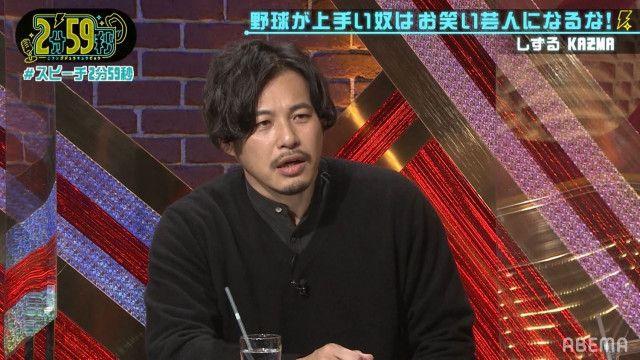
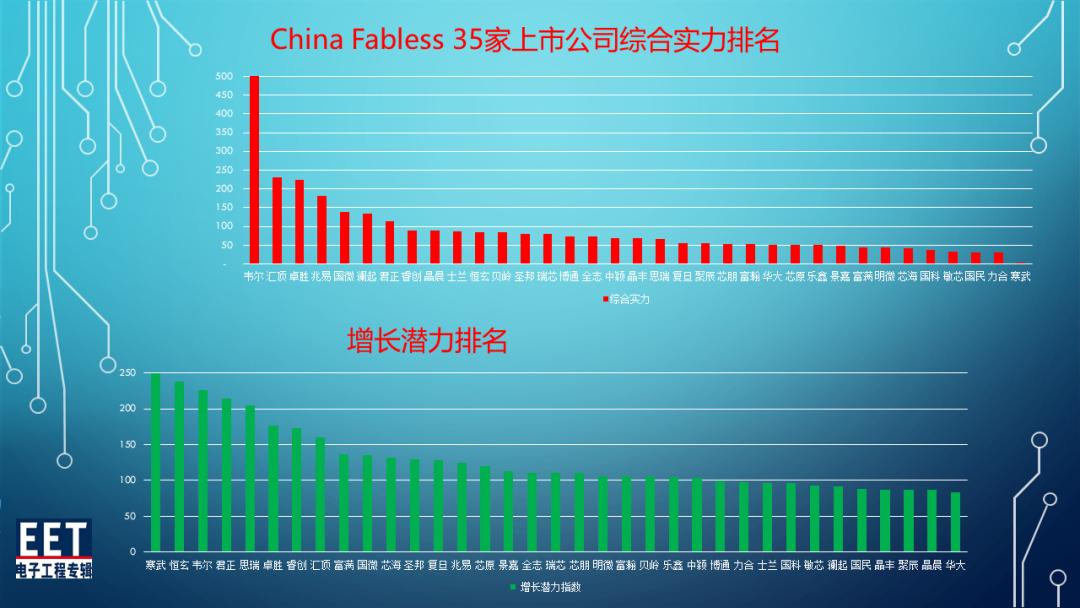
![[Excel] How to paste images such as photos and diagrams [Excel] How to paste images such as photos and diagrams](https://website-google-hk.oss-cn-hongkong.aliyuncs.com/drawing/article_results_9/2022/3/9/72539ecbf7413c05e4465b39ca06e8e0_0.jpeg)

